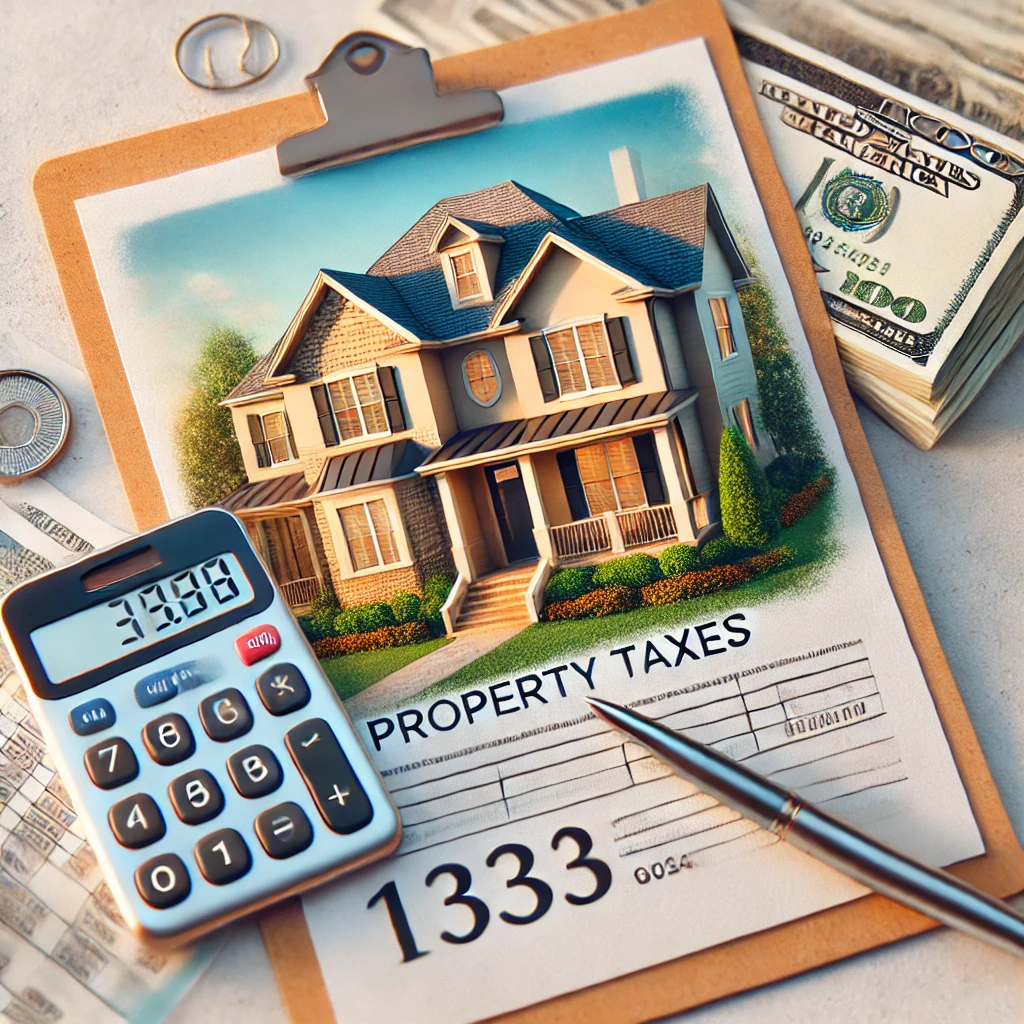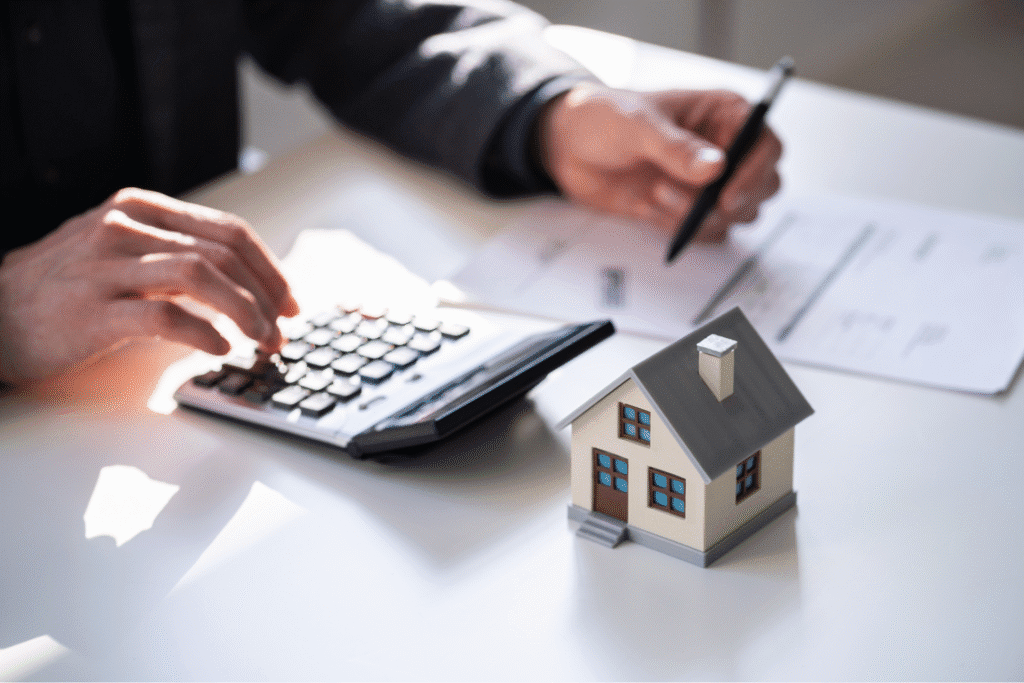Purchasing a home in Georgia is an exciting and rewarding experience, but understanding property taxes is a crucial part of the process. Property taxes play a significant role in determining the long-term cost of homeownership and can vary widely depending on where you buy. For anyone planning to invest in real estate across Georgia’s vibrant cities and scenic suburbs, having a clear understanding of how these taxes work can help you make smarter financial decisions.
In this guide, we’ll walk through what property taxes are, how they’re calculated in Georgia, and what home buyers should consider before closing on their new home in 2025.property taxes
Understanding Property Taxes in Georgia
Property taxes are local taxes collected by counties and municipalities to fund essential public services such as schools, police and fire departments, and infrastructure maintenance. Every homeowner in Georgia is required to pay these taxes annually, and the amount owed depends on the assessed value of the property and the millage rate set by the county.
For home buyers, property taxes represent one of the ongoing costs of ownership that should be factored into the overall budget. While Georgia’s property tax rates are generally lower than the national average, the exact amount can differ from one county to another.

How Property Taxes Are Calculated
Georgia property taxes are calculated based on a formula that includes three key factors:
- Assessed Value – Determined by the county tax assessor, this value is typically 40 percent of your home’s fair market value.
- Millage Rate – This rate represents the amount per $1,000 of assessed value and is set by local government authorities.
- Exemptions – Certain exemptions, such as the homestead exemption, can reduce your taxable value.
For example, if your home is valued at $400,000, the assessed value would be $160,000. If your local millage rate is 30 mills (or $30 per $1,000), your annual property tax bill would be around $4,800 before any exemptions are applied.
Understanding this calculation helps property taxes Georgia home buyers prepare for annual expenses and avoid surprises after moving in.
County-by-County Differences in Georgia
One of the most important things for home buyers to understand is that property taxes can vary significantly from county to county. For instance, Fulton and DeKalb Counties around Atlanta typically have higher property taxes due to strong public services and urban amenities. Meanwhile, smaller counties like Coweta or Fayette may have slightly lower rates, offering better affordability for suburban buyers.
When evaluating where to buy, research local tax rates and how they impact overall affordability. Sometimes, a lower purchase price in one county can be offset by higher annual taxes in another.
If you’re exploring different areas to find your next home, the Heritage Capital provides helpful resources for navigating Georgia’s housing market and comparing neighborhood options.
Homestead Exemptions and Tax Savings
Georgia homeowners can benefit from several property tax exemptions, with the most common being the homestead exemption. This exemption allows homeowners who occupy their property as a primary residence to deduct a certain amount from their taxable income.
The standard exemption is $2,000, but some counties and cities offer additional exemptions for seniors, veterans, and disabled homeowners. These local variations can make a noticeable difference in your annual bill.
Be sure to apply for exemptions promptly after closing on your home, as they are not automatically granted.
Why Property Taxes Matter to Home Buyers
Property taxes influence both short-term affordability and long-term investment returns. A property in an area with high taxes may cost more each year but could also benefit from better-funded schools and services, leading to stronger property appreciation. Conversely, areas with lower taxes might have fewer public amenities but offer more immediate savings.
For property taxes Georgia home buyers, balancing these factors is key. It’s not just about finding a low tax rate, it’s about understanding the overall value of living in a particular community.
Property Taxes and Mortgage Payments
When buying a home, property taxes are typically collected by your lender as part of your monthly mortgage payment through an escrow account. This ensures that taxes are paid on time and helps you spread the cost evenly throughout the year.
However, it’s essential to confirm how your lender handles tax payments and whether your estimated monthly amount accurately reflects current local rates. Some buyers prefer to pay taxes directly to maintain more control over their finances.
If you’re preparing to sell your current home and purchase a new one, Heritage Capital & Real Estate supports clients through every stage of the transition.

Changes in Property Tax Rates for 2025
In 2025, many Georgia counties are updating their millage rates to reflect economic growth, population increases, and infrastructure needs. While most rate adjustments remain modest, certain metropolitan areas may experience small increases due to rising property values and expanding public projects.
Home buyers should review the most recent county tax digest before finalizing a purchase. This ensures you understand what your expected annual tax burden will look like over time.
Tips for Managing Your Property Tax Costs
- Apply for All Eligible Exemptions – Review county guidelines to make sure you’re receiving every exemption you qualify for.
- Keep Track of Assessment Notices – Counties reassess properties periodically, and if you believe your assessment is too high, you have the right to appeal.
- Budget for Annual Increases – Property taxes may rise as property values grow, so plan accordingly in your financial forecast.
- Review Your Escrow Annually – Check your mortgage escrow account each year to ensure taxes are being calculated accurately.
- Consult Local Experts – Real estate professionals and tax advisors can help you navigate Georgia’s specific property tax rules.
How Property Taxes Impact Long-Term Investment
Understanding property taxes isn’t just about saving money in the short term—it’s also crucial for long-term planning. High-quality school districts and well-maintained public amenities often correspond with slightly higher taxes, but they can contribute to stronger property value growth over time.
Many buyers view property taxes as an investment in the community, helping maintain roads, parks, and local services that make neighborhoods desirable. By evaluating both the tax rate and the overall community value, you can make an informed decision that aligns with your goals.
If you ever need personalized advice on property selection or taxation, get in touch with our team to connect with professionals who specialize in Georgia real estate and financing.
The Appeal of Georgia’s Tax-Friendly Climate
Compared to many other states, Georgia offers relatively low property taxes, which is one of the reasons home buyers are drawn to the state. Combined with affordable housing, a strong economy, and diverse communities, Georgia continues to attract buyers from across the country.
Counties such as Forsyth, Cherokee, and Henry are growing rapidly as families seek suburban comfort with reasonable tax rates and great schools.
Preparing for Your First Property Tax Bill
After closing on your home, you’ll receive your first property tax bill within the next calendar year. The exact timing and amount depend on your county. It’s important to set aside funds or ensure your escrow account covers the bill.
If your home was newly constructed or recently reassessed, your first year’s tax may be based on a partial year’s valuation, followed by a full year the next cycle.
Being proactive and understanding these details can prevent financial surprises down the line.
Conclusion
Property taxes are a crucial component of homeownership in Georgia, affecting both affordability and investment value. While the state’s rates remain competitive, every county has unique factors that impact the final amount. By understanding how assessments work, applying for exemptions, and staying informed about local tax changes, property taxes Georgia home buyers can plan wisely for long-term stability.
Whether you’re exploring your first home or relocating within the state, taking the time to learn about Georgia’s property tax system ensures smoother ownership and stronger financial confidence.
FAQs
1. How are property taxes calculated in Georgia?
They are based on the assessed value of your home, the county’s millage rate, and any exemptions you qualify for.
2. What is the average property tax rate in Georgia?
Rates vary by county, but on average, Georgia homeowners pay approximately 0.9 percent of their home’s value annually, which is below the national average.
3. When are property taxes due in Georgia?
Due dates differ by county, but most payments are due between September and December each year.
4. Can I appeal my property tax assessment?
Yes, homeowners have the right to appeal if they believe their home’s assessed value is too high.
5. Are property taxes included in my mortgage payment?
Often, yes. Lenders typically collect property taxes through escrow accounts and pay them on your behalf.



